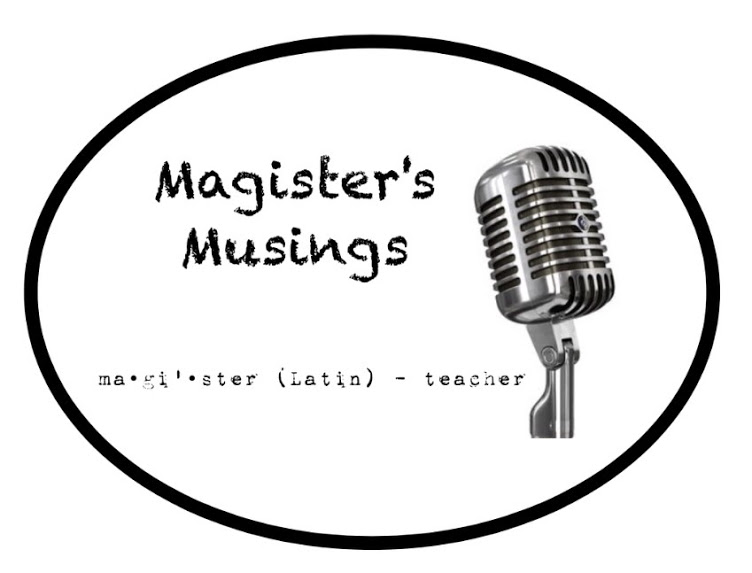Elisha Ballantine was a professor of mathematics, modern languages, and ancient Greek at Indiana University and was its acting president in 1884.
I have countless times passed the plaque that honors him in the building that bears his name, but was struck when I saw it again on a recent visit. He was a professor of mathematics and Greek. In today's age of specialization, this would be an oddity to say the least. A professor of Greek and Latin, of course. A professor of mathematics and computer science, quite possibly. But mathematics and Greek?
This put me in mind of a former teacher at New Albany High School, my alma mater. You have no doubt heard of Edwin Hubble and the telescope that bears his name, but did you know that he taught high school physics, mathematics, and Spanish...yes, Spanish...in 1913? He also coached the boys' basketball team.
And speaking of sports, these men reminded me of famed golfer Bobby Jones. In 1922 he earned his B.S. in Mechanical Engineering, in 1924 his A.B. in English literature, and after only three semesters of law school begun in 1926 passed the Georgia bar exam and practiced law in Atlanta.
Mathematics and Greek. Spanish and physics. Engineering and literature. There was a time when people pursued a variety of studies. This not to say that everyone of a bygone era was a polymath, but I do find a certain kinship with those academic souls of yesteryear. The world is vast, history is long, creation is complex, and humans have both discovered and contributed much to the unfolding wonder of it all.
When we make education nothing more than training for gainful employment, we miss a great deal. In fact, we miss almost everything. Yes, a stick in a forest can help make the fire that keeps me warm through the night, but the forest itself, with its symphony of sounds and the towering columns of its arboreal cathedral that seem to support its stellar dome, is worth beholding in its own right. And while it is true that the quiet contemplation of the evening nature scene now in your head could inspire you toward an act of creativity, the composition of a poem, perhaps, or a work of painting or photography, there is something more to be gained from the experience. Simply put, it nourishes the soul.
So it is with true education. It may equip students for a task or an occupation. It may provide them with the skills necessary to produce any manner of art, both for service and for art's sake itself. At its core, however, it need serve no other purpose than fulfilling the human desire to know.

